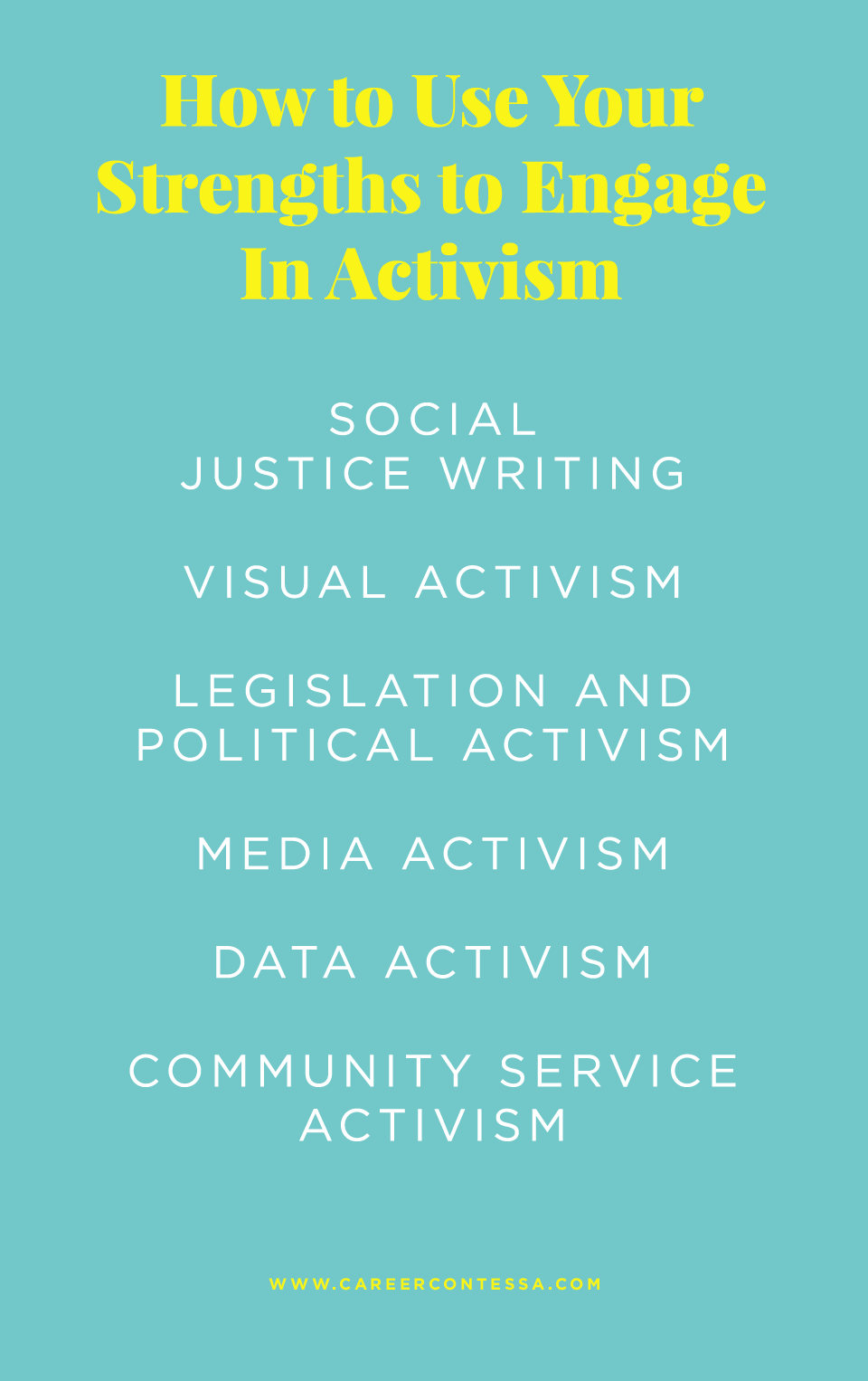I’m a college administrator, a Sociology Instructor, and a writer. As many of us grapple with the horrific and insensible murders of George Floyd and other countless Black men and women, we have come to terms with America’s shortcomings as it relates to ensuring equity and justice for all.
As a woman with multifaceted identities and positions, I have been contemplating how to merge my interests and strengths to activate the activist in me, and engage in work that is effective and transformative.
Equipped with historic examples of women activists like Angela Davis and Shirley Chisholm, activism has always been deeply intertwined with my identity as a Black woman. As a Black woman, I know
my existence and voice in predominately white and male spaces has always been a form of activism and resistance.
As we navigate the daily and persistent realities of a global pandemic, and with the advent of technology, we now have more accessible opportunities to engage in activism and social justice efforts. One thing that we have seen from the millennial generation is that not only are they vital in molding their communities, but they are also keen to use a diversity of tactics from social media, letter-writing to major corporations, sit-ins, lobbying, petitioning, marathons, and walkouts.
The cry for social justice leadership has never been louder. Have you thought about what strengths you possess as a leader during this time? It’s important to think critically about these strengths so they can help guide your activism efforts. The imagery we’re seeing from protests all around the world implores us all to move beyond activism as merely an intellectual pursuit. Activism requires us to also activate the social and political consciousness of both yourself and those around you.
Below please find some conventional and unconventional ideas for engaging in social justice work.
Social Justice Writing
Are you a writer or a blogger? Have you interrogated which voices and issues are being elevated and suppressed in the editorial and blogging space? If you manage a blog, invite a Black woman blogger or writer to share her experiences or offer her perspectives on social justice.
Please ensure you compensate any Black woman who does share their experiences on your blog. If you are a social justice-minded writer, consider pitching topics and articles to predominately white news outlets. We need more writers to not only address institutional racism in law enforcement, but also how it manifest in our education system, health care, and various business sectors.
Visual Activism
Do you enjoy arts and crafts and do-it-your self-projects? Artists using their creative minds to showcase injustice, pain, and infliction is far from a novel idea. Jacob Lawrence painted a 60 piece painting collection called “
The Migration Series” during the Great Migration in which millions of African Americans left the Jim Crow South in search of better lives elsewhere.
We know that, at times, images can speak louder than words, and social justice art has the power to transcend boundaries and disrupt traditional and predominately white artistic narratives. If you’re an artist, organize a neighborhood or city mural painting project. For a project of this sort, invite people of different racial, ethnic, sexual, and gender identities—and include those who are immigrants as well. The more diversity you have in artists, the more representation of perspectives you have in the depiction.
Legislation and Political Activism
Is your strength public speaking or do you have an interest in learning about the impact of legislation on your city and its residents? Political legislation can be very convoluted and filled with heavy jargon.
An easy way to become familiar with legislation and its impact on communities of color is to start at the local city level. Consider attending your city’s city council meetings to get an understanding of what bills and legislations are being brought for. Is there an opportunity for public comments? Consider voicing your opinions on legislation that impact communities of color.
Research your state senators, and continue to write and call them to advocate for bills and legislation that improve the social, and economic vitality of communities of color. Petitions can also serve as a great tool to bring awareness to a local community issue, and galvanize community support. Consider visiting
Change.org if you’re interested in creating a petition.
Media Activism
The rise of popular hashtags such as
#BlackLivesMatter and
#MeToo provides evidence that social media can be a critical tool for sharing information and initiating political and social action.
Many of us understand the utility of technology in exposing the public to police brutality and thus it is not hard to believe that social media is influential in activating the social and political consciousness of everyday Americans.
A new survey by the
Pew Research Center shows that majorities of Americans do believe these sites are very or somewhat important for accomplishing a range of political goals, such as getting politicians to pay attention to issues (69 percent of Americans feel these platforms are important for this purpose) or creating sustained movements for social change (67 percent).
I think social media has been the most powerful in offering a stage for Black and Brown people to share and affirm each other experiences. Hashtags like
#BlackInTheIvory or
#BlackWomenAtWork highlight the gross and everyday injustices and racial micro-aggressions that Black people experience in their professional careers. In order to view social media as an effective tool of activism, we need to encourage more hashtags that center the voices and experiences of Black and Brown people.
These hashtags provide opportunities for Black people to author their own stories and narratives, as opposed to having them be silenced or desensitized. A great example of this is the
#ShareTheMicNow campaign, a campaign that provided Black celebrities, writers, and activists to take over White A-Lister Instagram accounts. In order for this type of activism to be effective, white people have to relinquish their voices and social media power and provide space for Black voices to be magnified.
Data Activism
Are you a data nerd? Are you interested in quantitative data?
While data activism is often less popularized, it still remains a powerful tool for illustrating the impact of a social problem or the amount of support behind a community initiative. Are you interested in collecting data on how people perceive public safety in your neighborhood or a survey on how city policy and practices have impacted the community?
Survey platforms like
Survey Monkey or
Qualtrics are great tools for data collection, and this data can help local officials make decisions on policies by examining community impact. These tools can also be a catalyst for generating other forms of activism like protests, petitions, sit-ins, and community forums.
Community Service Activism
Do you really enjoy helping people? Are you unsure of how to do so during this time? A global pandemic has made face to face community service challenging, but there are many contactless ways for serving your community, and supporting organizations that benefit Black and Brown individuals.
The Time has listed a few organizations that support Black Americans like
Black Lives Matter,
National Bail Out, or the
NAACP. If you are familiar with local causes such as students in need of school and technological supplies, consider starting a neighborhood or a crowdsourced emergency fund.
We’re now watching people all over the globe confront the impact of a global health pandemic, and another long-enduring public health crisis, racism. What has emerged is a new and renewed spirit for social change, an openness to hearing Black and Brown voices, and a galvanizing around changing discriminatory policies and practices.
Crises and pandemics often unveil social and economic injustices—but with this unveiling, we’re seeing social movements around the world being led by a younger generation, who are building their bases through social media and technology.
It’s time we all join them, discover our superpower, and activate the activist within us.










